Devolution for Gloucestershire?
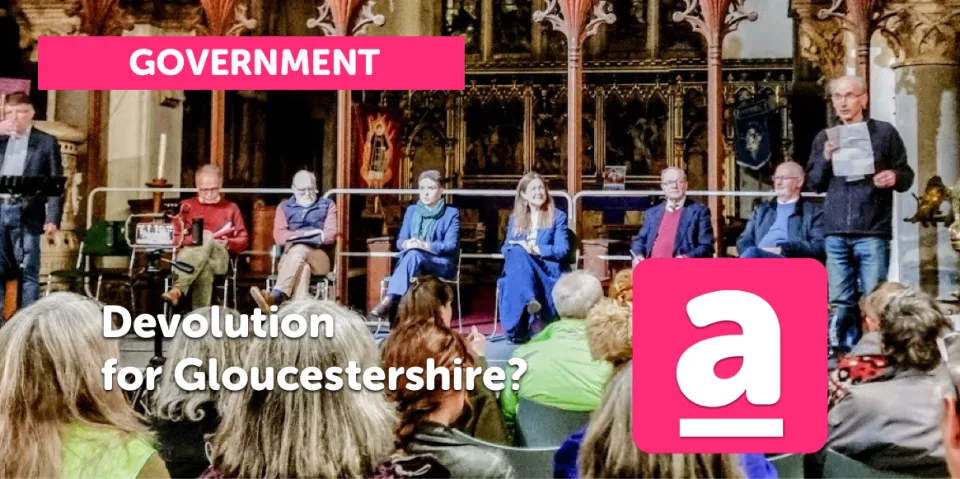
A panel of three MPs and three County Councillors including Dr Simon Opher MP and Cllr John Bloxsom from Labour, Carla Denyer MP and Cllr Chloe Turner representing the Green party, and Sir Geoffrey Clifton-Brown MP and Cllr Steven Davies from the Conservatives met to discuss the future of our region
The theme of the discussion was Gloucestershire’s move to become a Unitary Authority announced in December. Unitary Authorities are a single tier system and in the case of Gloucestershire this will replace both the County and District Councils with a single authority, taking on all of the responsibilities and powers that are currently divided between the councils.
The UK Government has mandated that this must be completed by the end of the current Parliamentary term in 2029, so there is very little time for the seven City, County, Borough and District Councils in Gloucestershire to decide on exactly how the Unitary authority will look.
On top of this there is the requirement for each new Unitary Authority to be adopted into a larger regional authority, for example WECA (the West of England Combined Authority) with an elected regional mayor.
Whatever the outcome of the decision, it will affect every one of the approximately 600,000 people living in the county of Gloucestershire.
Three options have currently been put forward as to what might work best for the county and this decision will be open to public consultation as well:
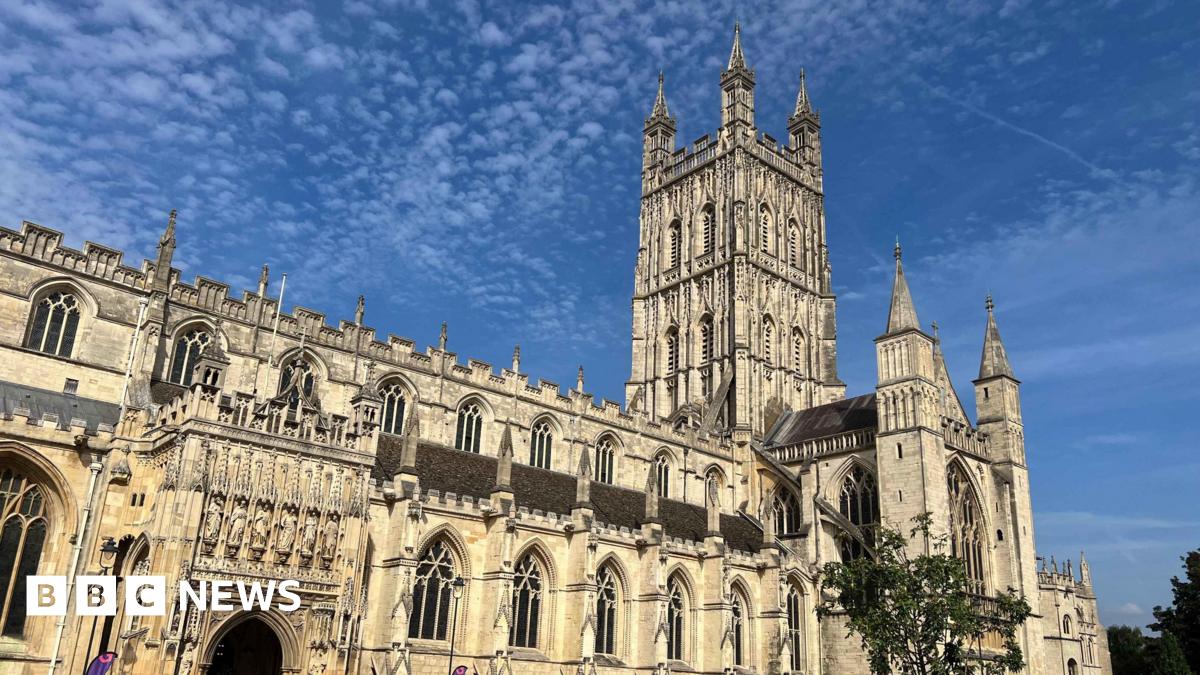
The options
A SINGLE UNITARY AUTHORITY FOR THE WHOLE OF GLOUCESTERSHIRE
The first option, largely supported by the Conservative representatives and the Leader of Gloucester County Council would lead to a single, very large Unitary authority for the whole county, with shared resources, and supporting around 600,000+ households. This would be at the top end for a Unitary Authority and could lead to resources being thinly spread across the county.
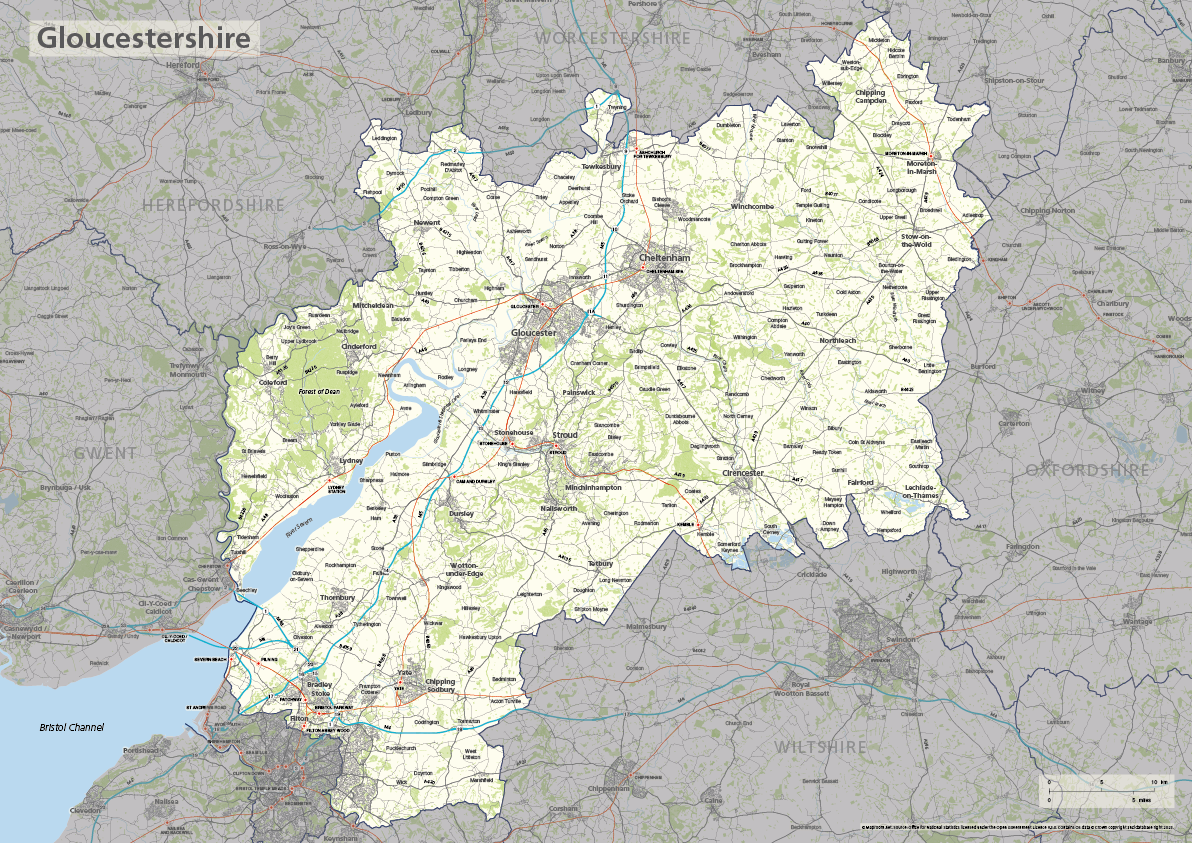
TWO UNITARY AUTHORITIES REPRESENTING EAST AND WEST GLOUCESTERSHIRE
The second option would be to have two smaller Unitary Authorities representing East and West Gloucestershire, which would each be responsible for approximately 300,000 people.
They would be named ‘Cheltenham and the Cotwolds’ and ‘Gloucester, Forest and the Stroud Valleys’ respectively.
Labour supports this as the “ideal” situation, however there would be duplication of costs across both authorities and it could lead to a wealth divide across the County with the East of Gloucestershire having fewer resources than the wealthy Western authority.
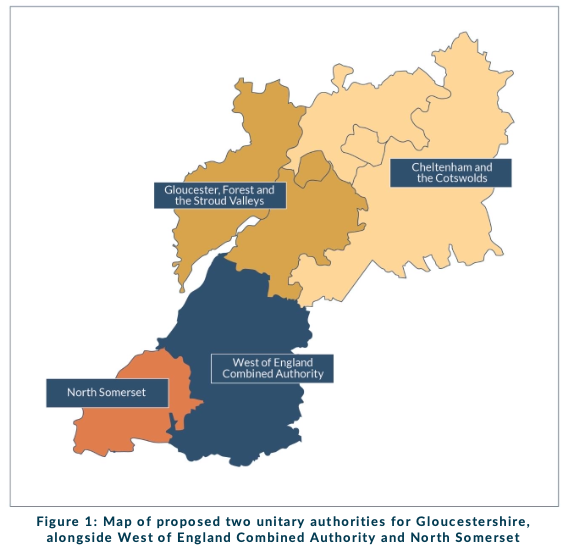
Not everyone is happy with these proposals though and the councils are having a robust discussion about the best way forward.
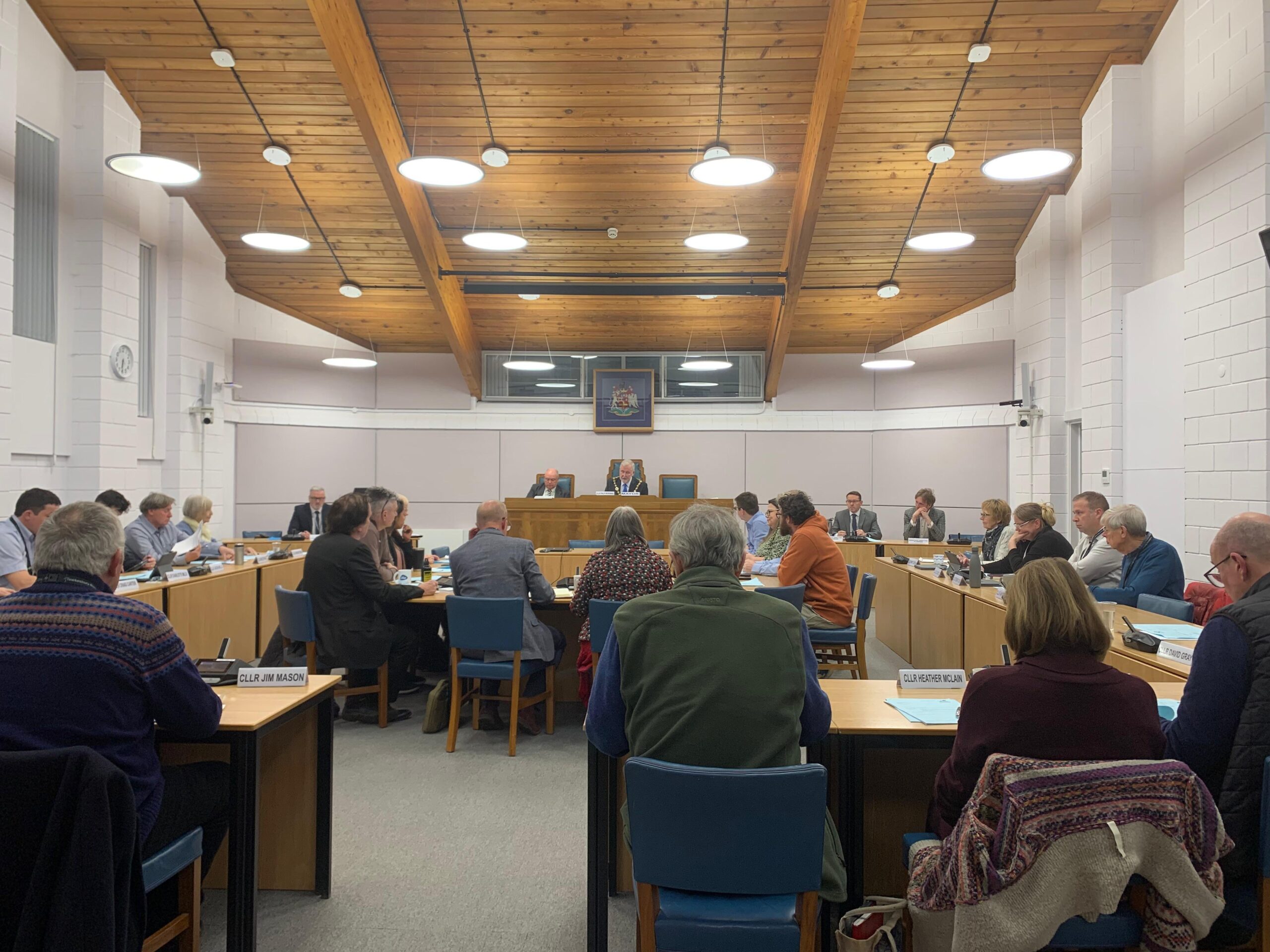
GLOUCESTER CITY DOUGHNUT
The third option, and arguably the most controversial, “Greater Gloucester” is the ‘doughnut’ which proposes a single authority for the city and surrounding parishes, with a larger regional authority around it. This is being put forward by the leadership of Gloucester City Council and has received a somewhat lukewarm response from neighbouring parishes who are keen to preserve their local identity.
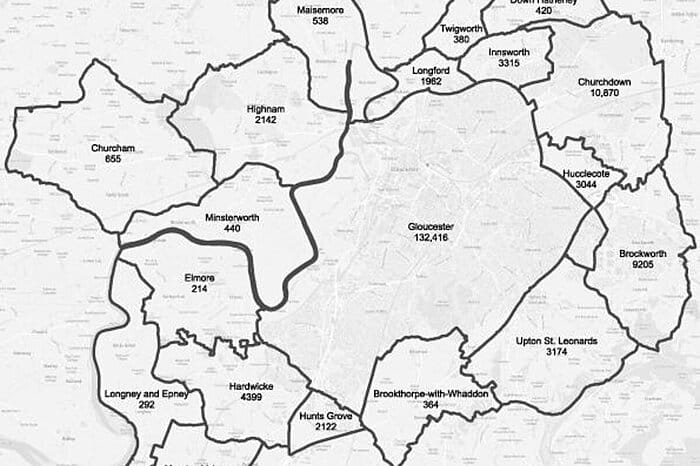
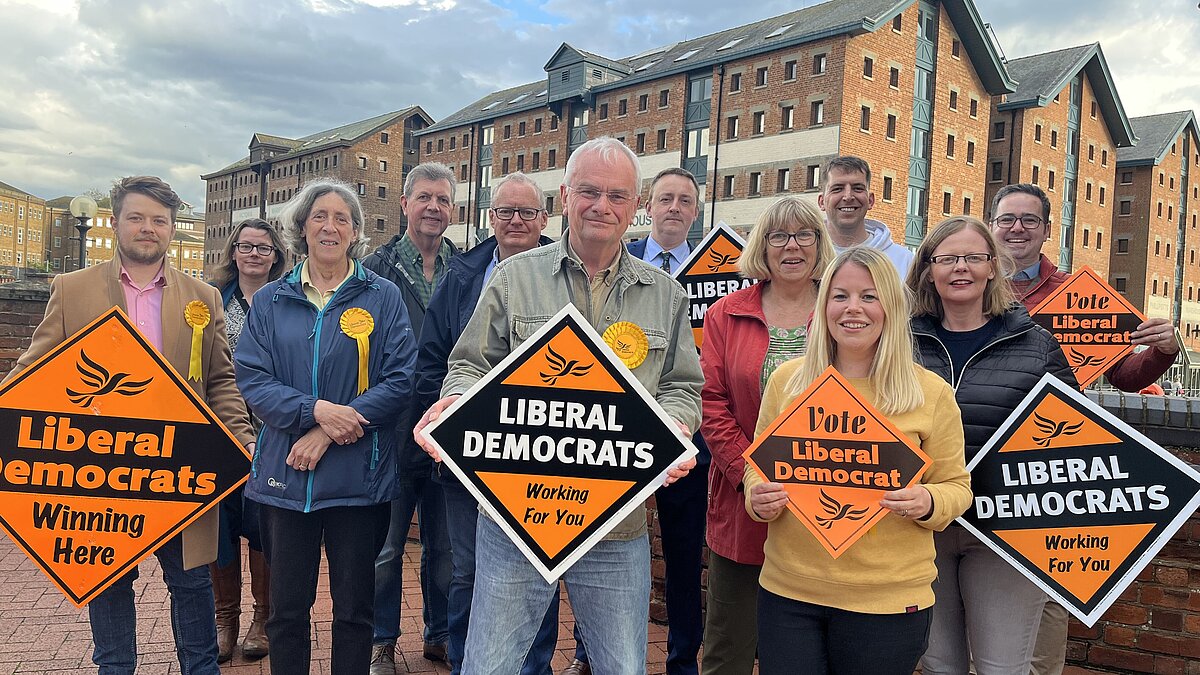
A Democratic Deficit?
The government’s approach to devolution means that having larger authorities covering a wider area will be strategically useful, especially for infrastructure and public transport but this would also mean a huge reduction in the number of elected councillors with strong local connections.
The UK currently has the lowest number of councillors per area of any country in Europe, with 295 in Gloucestershire currently. This could potentially be reduced to just 70 councillors after the Unitary Authority has been created and the boundaries reviewed. Local decision making will become even more remote than it already is, with fewer representatives having responsibility for more people.
A real risk is the potential for a democratic deficit, with elected representatives covering a wider area and the opportunities to be elected being limited to large political parties with deep pockets and an army of canvassers who have the capacity to run regional campaigns.
The Public Discussion
The night started off with a brief overview from each of the resident MPs on their general thoughts on the devolution of power. Simon Opher MP started on a positive note on the simplification of services through having only one authority taking charge of things like grass cutting, weed spraying and leaf blowing rather than spreading these very similar jobs across three very different levels of authority.
He also talked about the benefits of a more localised, ‘by-the-people’ approach to public transport and railways, housing, and social care, among other things.
Carla Denyer MP took a more balanced approach stating that she believes that decisions should be made by those who are affected by them, which Unitary Authorities may not do but that she isn’t against a change in the current system.
Carla has served as a city councillor in Bristol for nine years which is a Unitary Authority and for them this system works very well but for the more rural Gloucestershire and even more rural Stroud this could mean further isolation from local politics.
This type of devolution of power doesn’t actually reduce the number of levels in the system despite being called one tier as above a Unitary Authority is a Strategic Authority which is responsible for around 1.5 million people, therefore just moving local government up closer to the Central Government in Westminster and away from the residents of the area.
Finally Geoffrey Clinton Brown MP sat on the other side of the fence from Simon Opher saying that this system is not voluntary and the Labour Government has dictated the change.
Liberal Democrats and Reform declined the invitation to speak on the panel.
[Editor’s note] Regional devolution and the introduction of Unitary Authorities across the country has been on the political landscape for decades.

Article from 2018
DEMOCRATIC ENGAGEMENT
Currently County Council elections have an incredibly low turn out and Geoffrey Clinton Brown MP estimated that the upcoming May 2025 local elections might reach only 34% of the population compared with the General election last July which had a voting turnout of 60%, and event this was still arguably very low.
Carla Denyer MP put this down partly to the fact that people don’t know what councillors do, with the functionally broken national and local media having shifted away from reporting on local decision-making in favour of printing press releases without question and chasing the more profitable “clickbait” national news stories, so that we rarely get a balanced perspective on the decisions that are made within the walls of Shire Hall (Gloucestershire County Council) and Ebley Mill (Stroud District Council).
There is also very little political education provided at school and many do not offer any form of politics study at key stage three or four with some briefly touching on it in tutor sessions or mixed in with Geography, History and English. This leaves many young people, who will inevitably reach voting age, without any knowledge of their representatives and how they can make real change.
Simon Opher MP stated that he explicitly supports votes at 16 to give young people the power to have a say in their own futures.
A Citizens Assembly?
A highlight of the event was a question from the floor.
Sarah Lunnon asked how such an important decision could be made without consulting the community that will be most affected by it. When faced with Sir Geoffrey Clifton-Brown's suggestion that we need to have in place a good communications strategy, Lunnon challenged this by asking for the discussion to take place before the decisions had been made and suggested that a Citizens Assembly - a community body drawn from across all the localities and demographics of the region might be better placed to deliberate on the specific opportunities presented by devolution.
This suggestion was well received across the floor and followed up by Simon Opher's response: "Let's do it."
Offers were made by both a community group that is already doing work in this area and a member of the Labour Group on Stroud District Council who suggested that the council may be able to help with establishing a citizen's assembly.
If you are interested in being involved in the development of a local Citizens Assembly, please contact [email protected].
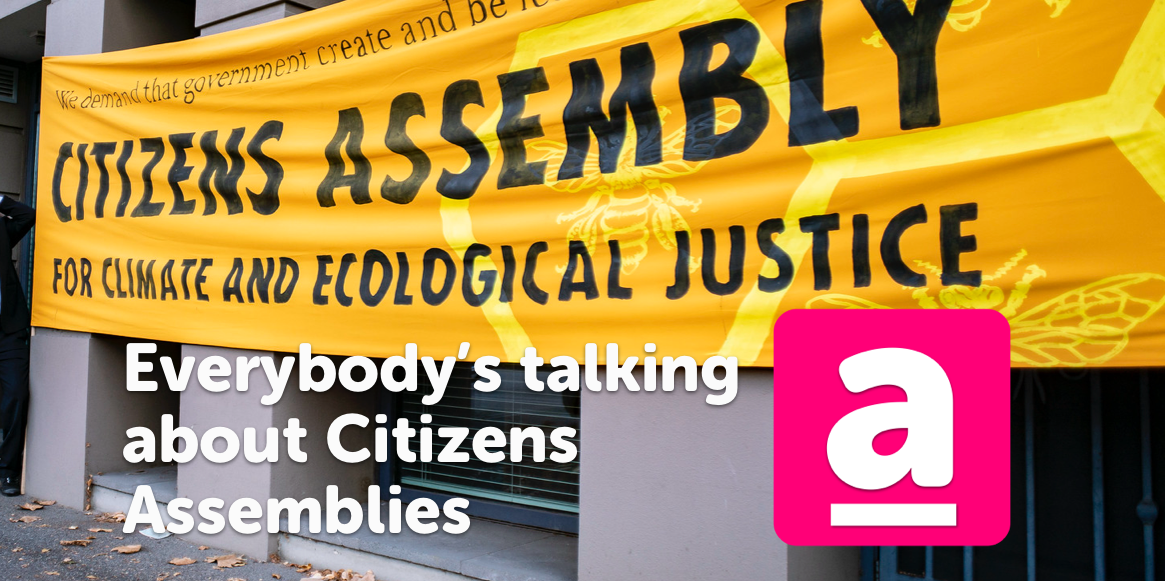
How to get involved - Jo Woolfall
A Mayor for Gloucestershire?
Another question is whether we will get a ‘Mayor of Gloucestershire.' Carla Denyer MP believes that a committee can be more democratic better and although it means slower decisions, they would be fairer, of a better quality and more representative of the people of Gloucestershire.
[Editor's note]
Stroud District Council is run by an inclusive cross-party committee system. Gloucestershire County Council has a cabinet system in place with only the cabinet member from the political leadership of the council having a final say in decisions and political opposition reduced to asking questions at council or fulfilling scrutiny roles.
Simon Opher MP talked of how important it is to elect a Mayor who is the correct fit for the area, referencing the high profile work of Andy Burnham in Manchester however this seems to work better in larger urban areas and he was unclear as to how a sprawling mix of urban, rural and semi-rural locations could be well supported.
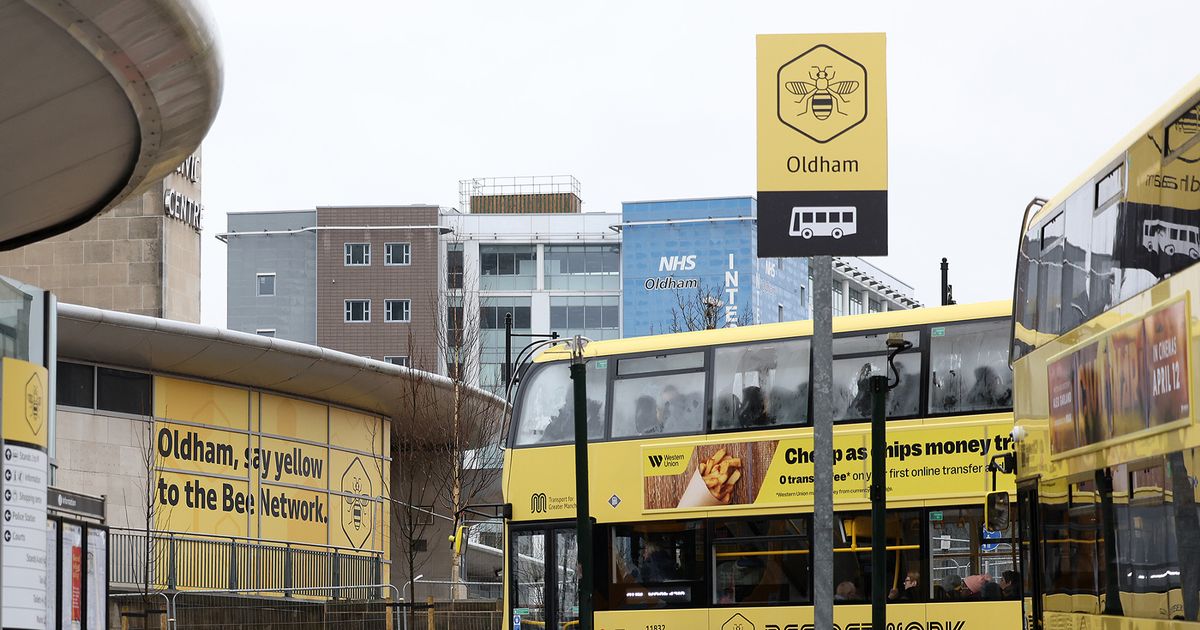
What became clear as the evening progressed is that with the elevation of district, borough and county councils into a Unitary Authority or Authorities, there will be increased roles and responsibilities for the lowest tiers of government: Town and Parish councils who are left effectively unchanged by this legislation but who will have to step up to ensure that their localities are well-supported and funded. Devolving finance as well as responsibilities down to the lowest tiers is vital.
These smaller more locally focussed councils have always been at the sharp end of democracy — in direct contact with the communities that they represent and they will now become the key stakeholders for their localities. There has never been a more important time to get involved with your local Parish or Town Council.
Strategic Decisions
Once the decision over how the move to Unitary Authorities will work, there is a larger decision to make, as there is an expectation that this or these authorities will be adopted into a regional Strategic Authority. The UK Government has made it clear that it expects all Unitary Authorities to have been adopted into a Strategic Authority by the end of the current term.
Gloucestershire Unitary council(s) could be adopted by any combination of three different regions: Herefordshire and Wiltshire, Oxfordshire or the West of England Combined Authority (WECA).
This larger regional grouping will also decide on the boundaries from where a Mayor could be elected, meaning that if the county joined Oxfordshire, it could ultimately end up with a Mayor living in the South East, perhaps as far afield as Buckinghamshire, with very different perspectives, demographics and priorities and not necessarily a good fit for Gloucestershire.
WECA seems to be an obvious choice: having formed in 2017 it is already well-established and includes our neighbours Bristol, South Gloucestershire, Bath and North East Somerset.
There are more funds available from this area than the others but there would be the expectation of a funding a contribution from Gloucestershire, Steven Davies is wants this to come from Westminster as a kind of “dowry” payment but there are no assurances of any financing at all coming from top-down.
How You Can Participate
Town & Parish councillors - GAPTC workshop

Talk to your councillors

Write to your MP

Ultimately, the move to a Unitary Council is going to happen, so the next steps have to be ensuring that it works for all of us and if the level of engagement at this event has been anything to go by, there is a significant amount of interest from all corners in the future devolution of Stroud and Gloucestershire.

Amplify Stroud is supported by Dialect rural writers collective. Dialect offers mentorship, encouragement and self-study courses as well as publishing.
You can find out more at https://www.dialect.org.uk/













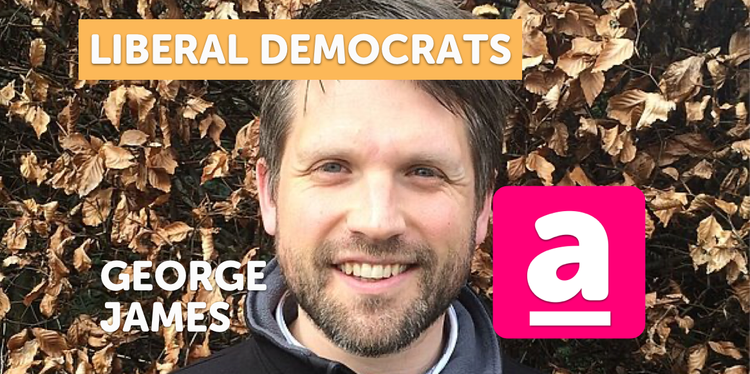
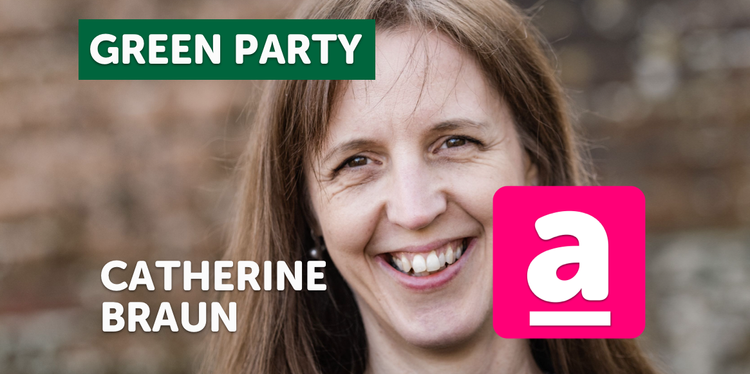
Member discussion